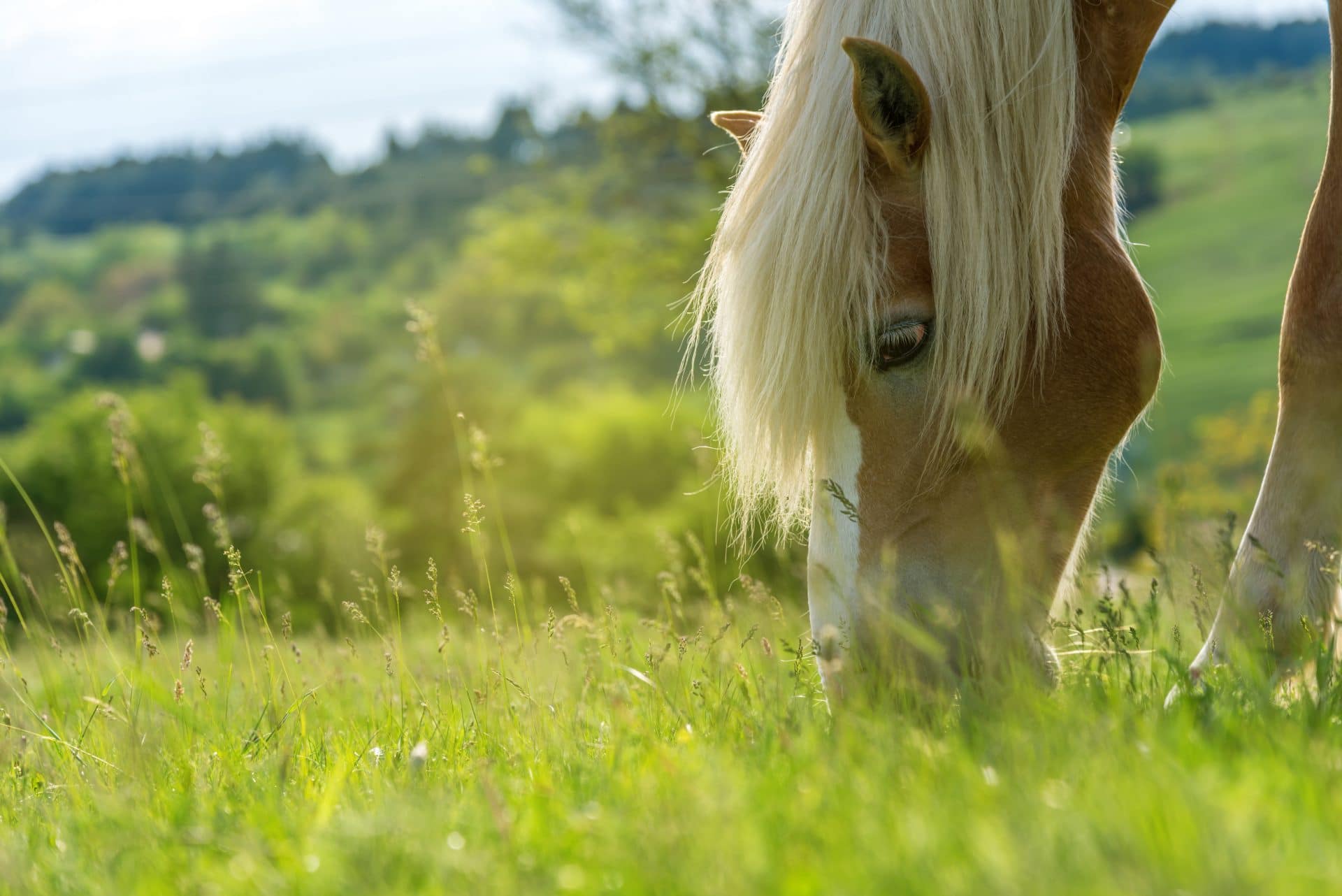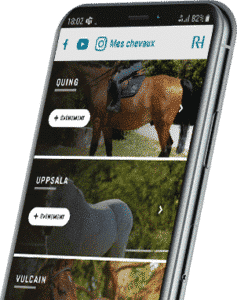If you own a horse, you will probably wonder at some point whether you should insure it. There are many different types of insurance for horses. Whether it’s to compensate for damage your horse may cause, or to protect you in the event of heavy veterinary costs or even the death of your horse.
The different types of insurance
Civil liability is the first type of insurance you need to take out. It consists of the equine owner’s civil liability, which insures your horse when it is not being ridden. But also, civil liability in the act of riding, which covers the horse when it is ridden. Liability insurance is essential when your horse is in your care, as you are responsible for reimbursing any damage it may cause. This can quickly add up to huge sums of money, especially in the event of personal injury to a third party. With a liability insurance, the costs of damage caused by your horse will be covered by the insurance. The amounts will vary depending on the insurance company. In any case, the liability insurance does not cover your horse in case of illness, theft or death.
To protect against accidents, there are additional insurances (such as “mutuals”) to protect your horse. They can cover certain illnesses, colic, accidents, theft or even death. Depending on the price at which you buy your horse, insurance can compensate you for part of the veterinary costs or the value of the horse.
What kind of insurance should you take out for your horse ?
If you wish to take out third party liability insurance, you can turn to the insurance company that provides your home insurance. Many insurance companies also insure pets. So don’t hesitate to get in touch to find out about a liability policy for your horse.
If you practice an equestrian discipline and as such you have a sports licence from the Riding Federation, you are automatically covered by the civil liability in action of riding. You will therefore be covered if you or your horse are injured in competition or in a private setting.
To get you started, here are some examples:
- If you are the owner of a horse that you ride in competition or for leisure and as such you have a federal licence, you will need to take out an equine owner’s liability policy as liability is already included in your licence.
- If, on the other hand, you are the owner of a horse that you ride and you do not have a licence, you will have to take out a civil liability and an equine owner’s civil liability for any possible damage caused by your horse or injuries.
- For a horse living in your home, it is better to take out an equine owner’s liability policy. Indeed, if it is housed in an equestrian centre and causes damage there, it will be the centre’s insurance that will pay for the damage. Insurance is compulsory for an equestrian centre. This will only cover damage caused in the centre, but it will not cover any injuries to your horse. For example, a horse breaks the door of its stall and is injured, the centre’s insurance will only cover repairs to the door and not the care of your horse.
Other equine insurance policies may also cover your equipment, an unborn foal, a transported horse, rider insurance, etc.
How do you take out an insurance policy for your horse ?
There is no age limit for taking out third party liability insurance for your horse. However, for health insurance, you will need to do so before the age of 12 or 14, depending on the insurer. As for the minimum age, some insurers allow you to insure a foal from its first month.
Before taking out an equine insurance policy, a veterinary certificate attesting to the animal’s good health may be required. The insurer may also require a waiting period to avoid fraud. If your horse unfortunately becomes ill during the waiting period, you will not be able to benefit from the insurance.
In most cases, your cover will depend on the policy you choose. The more risks the policy includes, the more expensive the insurance for your horse will be. When filling out the application forms, you will need to indicate whether your horse already suffers from a medical condition or chronic illness. The activity you do with your horse and its market value are also important. For example, if your horse should die, you will usually be reimbursed for the value you have indicated.



